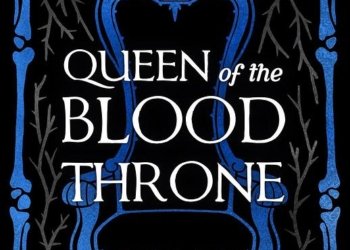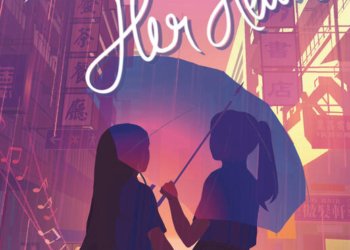No products in the cart.
Judgment Day & Other White Lies by Mike Hilbig
In order to show how tragedy desensitises our cast of narrators and contributing witnesses, Judgment Day takes the form of seven stories that vary in form, actuality, and Greek mythology. Some of the stories in this collection follow destitute white male Houston, Texas, narrators who imbue themselves with the names of tragic Greek mythological figures in what turns out to be, for the most part, aspirational acts of self-care in a world that has otherwise abandoned them.
These stories use the traditional first and third person narrative structure. A swarm of endnotes in the style of David Foster Wallace in an academic research report about a street artist’s captivating grip over an unconsenting audience present an entirely different scenario. The record of a psychologist’s discussions with a patient reveals the negative repercussions of a psychedelic trip in which the patient spends his time pursuing a life that seems more real than his current one.
If you prefer poetry to prose, there is also a poem that laments a world lost to the assault of fake news and climate catastrophe from the viewpoint of Orpheus. Stronger works by Hilbig include “The Ballgame at Xibalba” and “The Bell Witch Hunter & the Curse of Jacksonian History,” in which he deftly veers into the satirical territory.
A catastrophic chance to create a nest-egg of hereditary fortune pushes desperate Black individuals against one another in an underground basketball competition organised by prominent politicians and celebrities. In only one statement, “The Bell Witch” explains how our culture came to entirely forget and rewrite our own history following the year 1820 in favour of Andrew Jackson’s chosen version.
Judgment Day’s alternative histories are shocking to read at a time when right-wing spokespeople are urging the American public school system to forbid the teaching of critical race theory and books on Black, queer, indigenous, and other marginalised versions of American history that are left out of required textbooks. In Judgment Day, it’s difficult to obtain hard data, but Hilbig claims that might be the whole idea.
When we are unable to discern the truth, what can we do? Hilbig’s Judgment Day is an exercise for American readers—and white people in particular—to test the truth told by each and every narrator, from one experienced reality to the next, for fans of the shockingly honest 2022 movie Don’t Look Up.
About The Book
Judgment Day & Other White Lies is a short fiction collection that deconstructs whiteness by retelling versions of Greek, Roman, and Christian myths, concepts, and characters through a contemporary lens that reads whiteness into history as a force of destruction for white characters (in addition to those they oppress).
From an alternative biblical Genesis about apes having orgies while on magic mushrooms to create western civilization (as told by the kinds of philosophers who have to be stoned themselves), to a retelling of the Oresteia where the white heavy metal musician Orestes is helping his aging mother Dawn commit suicide, to a white graffiti writer, magician, and cultural mis-appropriator named Per-C who fundamentally alters reality by painting fantastical ‘Dusa portraits all over the city of Houston, to the eponymous story Judgment Day that primarily concerns the mind-altering-collapsing effects of a hallucinogenic on a Christlike white man who has two sets of memories stuck in his head, these stories show the tragicomic consequences of what happens when white people identify with the white lie of an identity that lives a fiction to maintain power.
The Review
Judgment Day & Other White Lies
8 Score
Mike Hilbig has a galaxy brain for sure, but Judgment Day & Other White Lies doesn't read like someone who knows how smart they are. This collection is like a lightning-strike-to-the-balls set of stories told through a unique set of voices and backdrops with a Houston filter (not just the smog) that you won't read elsewhere. JD&OWL examines power structures, the lie of 'white identity,' classical plots and themes for the kinds of people who have and always will exist, and the ideas behind storytelling itself. It's often funny or humorous, and then it'll make you think too. I'd be the kind of uppity person I hate if I said there are 'standouts,' so I'll just say my favorite is Per-C and the 'Dusa. And hey, it's possible that I didn't 'get it' in the way people want art to be 'got' but if you want to disagree you're going to need to read it.











